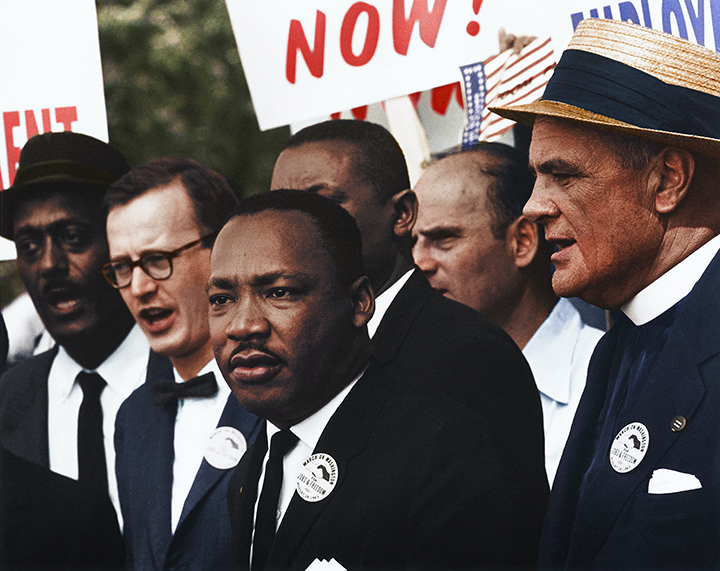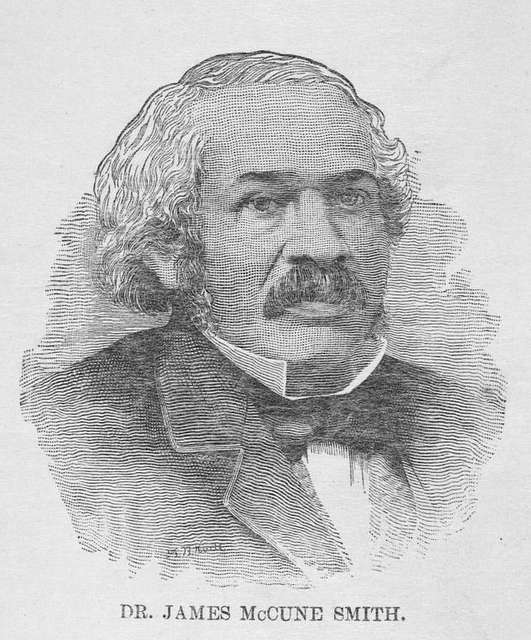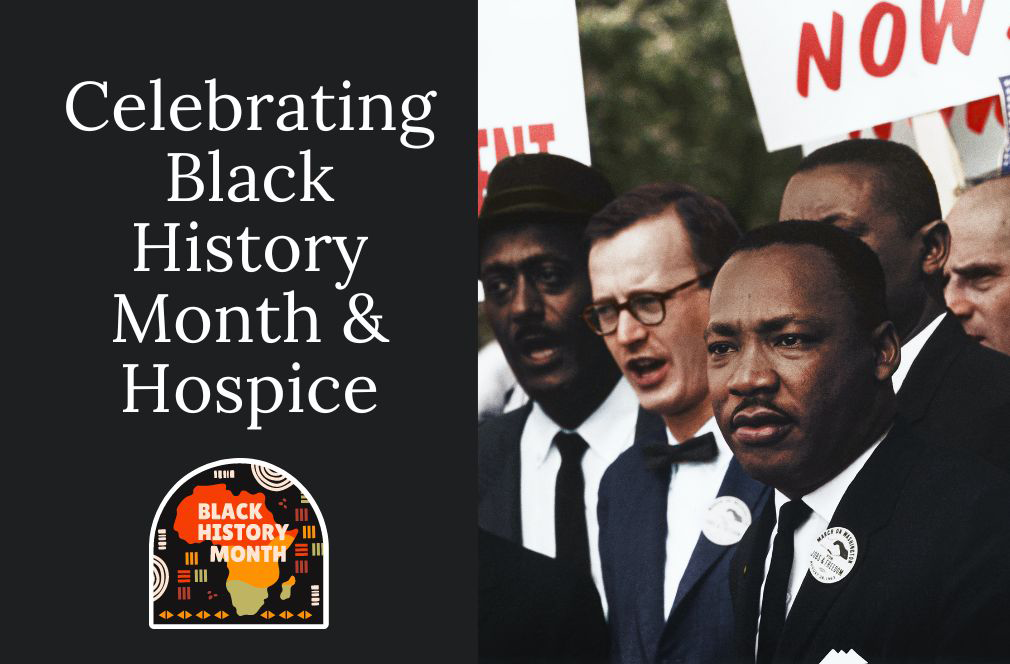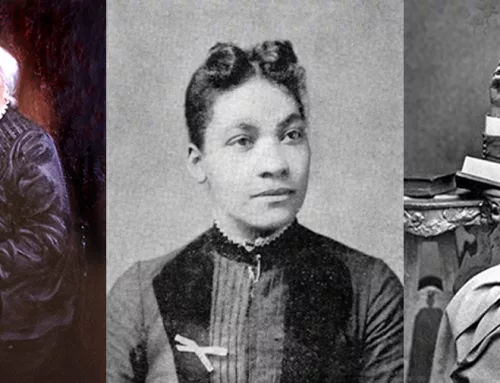Hospice care and Black History in the United States share a compelling story of compassion and social justice. Hospice is an approach to healthcare that focuses on giving the best quality of life possible to those struggling with terminal illnesses. Pain management, symptom management, emotional support and spiritual support are provided for the individual and their loved ones.
Hospice care, as we know it today, was developed in the 1960s by Dame Cicely Saunders, a British physician. Dr. Saunders was a revolutionary in the areas of hospice and palliative care. In 1976 she founded St. Christopher’s Hospice in London which provided a new model of care for patients with terminal illnesses. The focus became more about meeting the unique needs of dying patients and their families while providing compassionate care that respected the patients’ values and beliefs. The new model grew rapidly and is now available in many countries around the world.
In the United States, the hospice movement began to develop in the 1960s and 1970s. The first hospice programs were established in Connecticut and other states. At the same time, the civil rights movement was gaining momentum with Black leaders like Martin Luther King Jr. calling for an end to segregation and discrimination. The new model of hospice care aimed to establish relationships of trust with patients and families. The goal was to provide culturally sensitive care that respected patients’ values and beliefs. This approach helped to overcome the barriers that had previously prevented many African American patients from seeking medical care.
African Americans, through direct contributions and significant events, contributed to the hospice movement. These contributions promoted compassionate and person-centered end-of-life care for people from diverse backgrounds.
Civil Rights Movement

Dr. Martin Luther King Jr.’s legacy as an advocate for social justice significantly impacted end-of-life care. As a powerful champion of civil rights, Dr. King’s dedication to advancing healthcare equality, including end-of-life treatment, is still being felt today. His passionate advocacy for justice
and civil rights directly reflects the core values of hospice care. Those values include providing empathetic end-of-life care with utmost respect for patients and their families. His commitment to this cause has profoundly shaped our understanding of death, leading us closer to a better quality of life in hospice care.
First African American Hospice
Dr. Robert Lee Brown founded our nation’s first hospice program for African Americans in Harlem in 1977. His efforts continue shaping how we approach end-of-life medical assistance today.
Dr. Brown realized that African American patients were confronting tremendous struggles acquiring necessary end-of-life care. These struggles included discrimination, financial insecurity and conflicting cultural attitudes towards death and dying. To combat these issues, he founded a hospice center devoted to providing compassionate, culturally appropriate aid for both African American individuals and their families.
Dr. Brown was a visionary in the field of hospice care. He tried to ensure that those facing terminal illnesses received comprehensive and compassionate home-based or facility-based treatments in accordance with their wants and backgrounds. His groundbreaking work continues to be applauded by caregivers around the world as an essential model for dignified end-of-life support. Today, Dr. Brown’s legacy lives on through his ongoing influence over how terminally ill individuals are cared for across cultures, families and communities.
First African American Physician

Dr. James McCune Smith was an inspirational leader in the history of medicine and civil rights. He broke barriers as he became the first ever African American to receive a medical degree from a university. Dr. Smith opened doors for himself through his determination and perseverance. He served as an example for generations of black doctors and medical professionals who followed him.
Dr. Smith succeeded academically despite having grown up in a racially segregated society. He received his medical degree from the University of Glasgow in Scotland in 1837. This was an extraordinary accomplishment since American medical schools did not permit black students at the time. Smith faced more obstacles after he returned to the United States. His foreign degree wasn’t acknowledged by any domestic institutions requiring him to finish extra schooling and examinations before being admitted into practice. Despite these obstacles, he became a highly respected physician in New York City. He was known for his expertise in treating cholera and other diseases.
Smith’s medical practice was not just a space for healing, but also served as an area of political and social revolution. Smith founded the American Anti-Slavery Society where he worked diligently with other marginalized groups to promote the rights of black people. He wrote essays and articles on medicine while continuing his work, delving into topics such as race and its relationship to healthcare.
We commemorate Dr. Smith today as a valiant and influential advocate of civil rights movements. He influenced generations of African American doctors and medical professionals by encouraging them to pursue justice with effortless zeal. His legacy serves as an exhortation for us to seek education, remain determined in the face of adversity and take steps towards achieving equality regardless of race or creed.
African American History and Hospice Care
Through hospice care, healthcare providers and patients build meaningful relationships with trust and respect. This connection allows for a higher quality of care that has the potential to benefit both parties long-term. Hospice organizations are actively advocating for social justice in America by providing its services solely based on need, regardless of race or ethnicity.
The intricate relationship between African American history and hospice care exemplifies the integration of justice, healthcare and empathy. Members of the Black community along with hospice providers have developed a model of care that prioritizes compassion and respect for one another. It is essential that we remember this example as our nation attempts to tackle health concerns as well as matters surrounding social equality. Healthcare can meet and promote equality and access within our country while attending to an individual’s distinct needs.
At Smoky Mountain Home Health and Hospice, we celebrate Black History Month and the immense contributions of African Americans to our society. We are committed to promoting diversity and providing hospice care that is respectful and sensitive to the unique cultural and personal beliefs of our patients and their families.
If you, or a loved one is in need of hospice services, or if you have any questions, please contact Smoky Mountain Home Health and Hospice or call us at (423) 623-0233.



